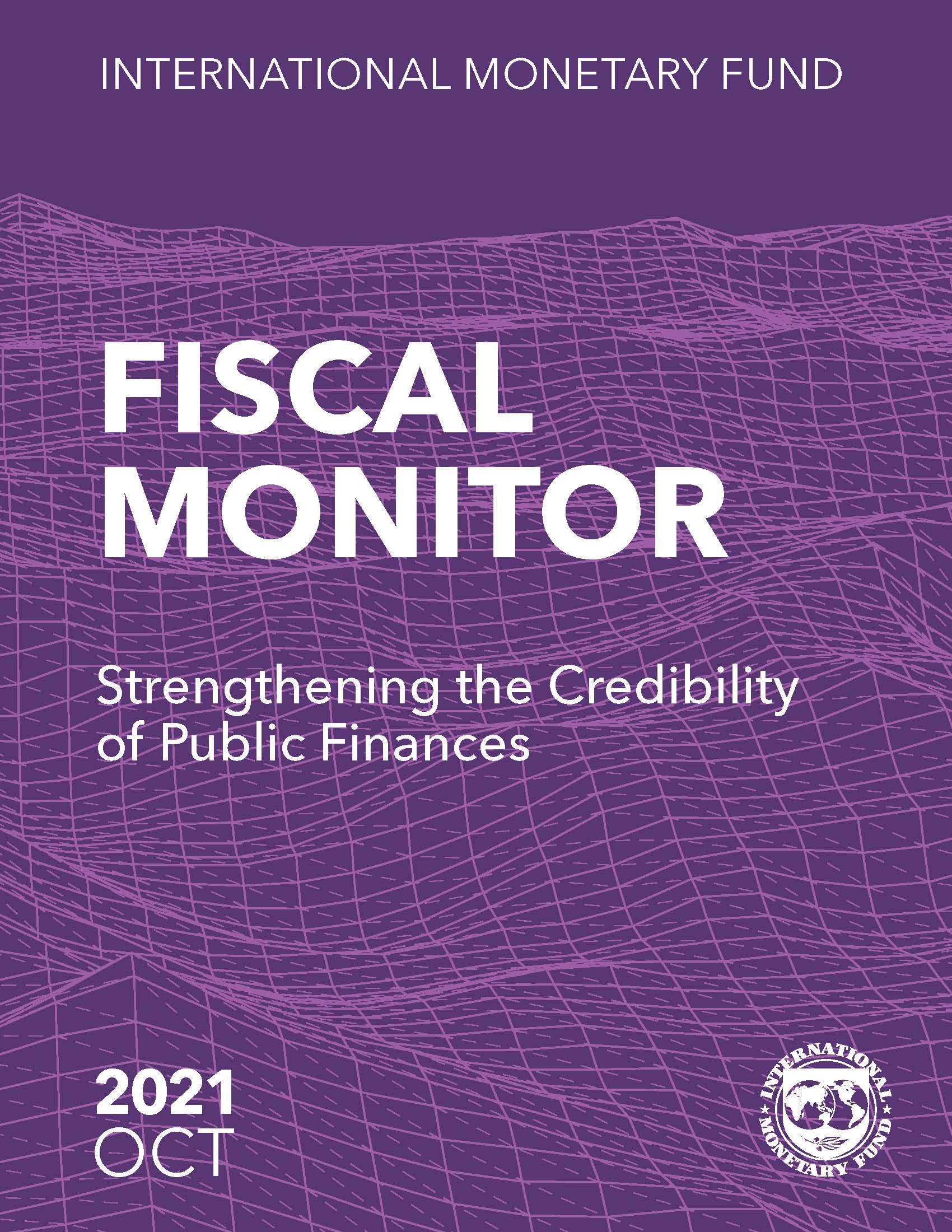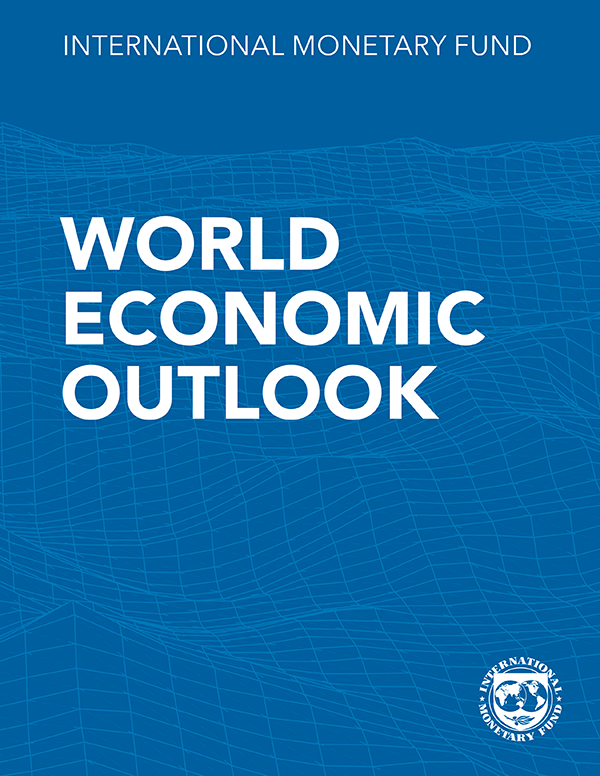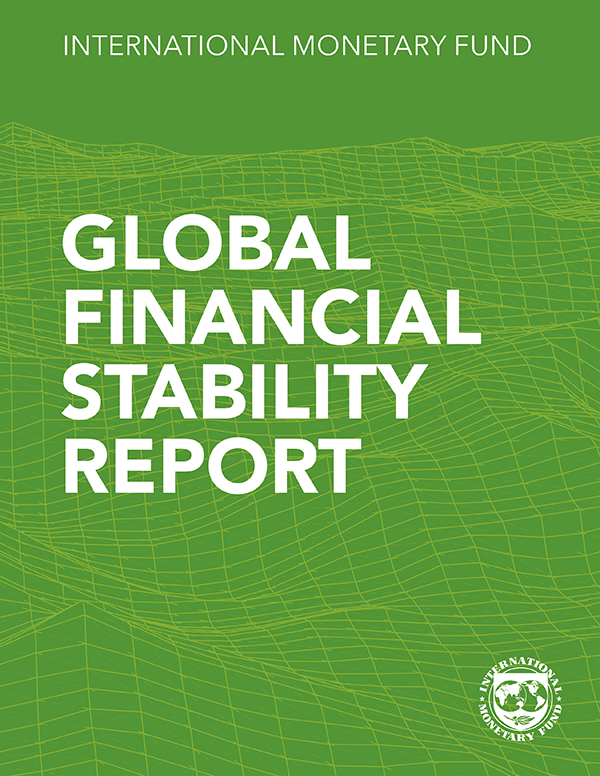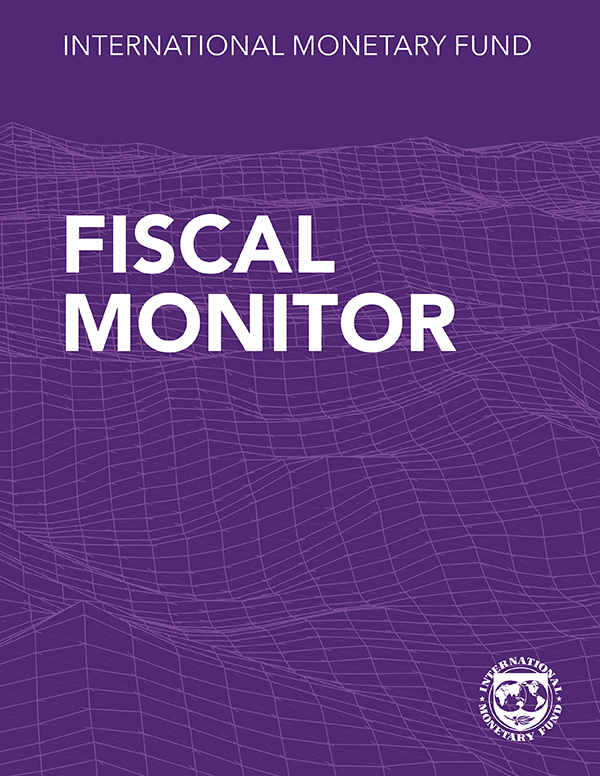Fiscal Monitor, October 2021: Strengthening the Credibility of Public Finances

Chapter 1 argues that fiscal policy should remain nimble and strengthen its medium-term frameworks, as countries face highly uncertain and differentiated prospects. Vaccination has saved lives and is helping fuel a nascent recovery, but risks are elevated amidst new virus variants, high debt, and poverty. In advanced economies, the shift in fiscal support toward medium-term packages to “build back better” will have overall positive effects globally. Emerging markets and low-income developing countries face a more challenging outlook, with permanent economic scarring and revenue losses. They need international support to increase vaccine availability and financing to achieve the Sustainable Development Goals.
Many countries find themselves in a situation where fiscal support is still invaluable to protect lives and livelihoods. At the same time, governments are also facing questions on their elevated debt and gross financing needs. Chapter 2 provides countries with guidance on how they can both avoid withdrawing fiscal support too early, and yet signal to the public that their debt levels are sustainable in the long run. To commit to future deficit reduction, governments have several instruments, including undertaking structural fiscal reforms (such as pension reform or subsidies reform), pre-legislating changes to taxes or spending, and committing to fiscal rules that lead to deficit reduction in the future. Countries that follow debt rules, for instance, manage to reduce debt faster that other countries, although fiscal rules should also provide enough flexibility to spend in times of need. Overall, governments that commit to sound public finances and that achieve high levels of fiscal transparency reap meaningful benefits: their budgets are more credible, their announcements are better perceived by the media, and they pay lower interest rates on their debt.
Chapter 1: Policy in an Uncertain Recovery
This chapter argues that fiscal policy should remain nimble and strengthen its medium-term frameworks, as countries face highly uncertain and differentiated prospects. Vaccination has saved lives and is helping fuel a nascent recovery, but risks are elevated amidst new virus variants, high debt, and poverty. In advanced economies, the shift in fiscal support toward medium-term packages to “build back better” will have overall positive effects globally. Emerging markets and low-income developing countries face a more challenging outlook, with permanent economic scarring and revenue losses. They need international support to increase vaccine availability and financing to achieve the Sustainable Development Goals.
Chapter 2: Strengthening the Credibility of Public Finances
Publications

December 2025
Finance & Development
- More Data, Now What?

Annual Report 2025
- Getting to Growth in an Age of Uncertainty

Regional Economic Outlooks
- Latest Issues








